While George Lucas’ Star Wars franchise carried the torch for cinematic sci-fi for decades and continues to try and further expand on the universe, it conceived with its first film in 1977, all of its commercialized success (and downturn) lives perpetually in the shadow of the book series that directly influenced its entire existence. Frank Herbert’s Dune series, which was first published in 1965, was well-known among avid classic science fiction perusers, but otherwise, it remained in relative obscurity from the public eye while Star Wars firmly took the wheel of blockbuster science fiction cinema. Fewer knew that director George Lucas built his vision entirely on the foundation of Herbert’s universe and obviously added more futuristic glitz and glamour, which ultimately made the franchise extremely marketable and set for a never-ending avalanche of merchandise.
Dune, meanwhile, remained a prospective cinematic endeavor that few directors considered attempting until David Lynch. His infamous far-outside-the-box aesthetic with storytelling and cinematography seemed almost perfect for a story like Herbert’s. However, the finished product that came out in 1984 showed that the magnitude of Herbert’s universe still wasn’t achievable and that filmmaking technology and the perfect creative mind hadn’t yet converged at the opportune moment. That all changed with Denis Villeneuve, the Canadian director who had since started flexing his talents in the science-fiction genre with award-winning films such as Arrival (2016) and Blade Runner 2049 (2017). However, it was his new adaptation of Dune that turned many heads and not only became the much-deserved, faithful rendition of Herbert’s vision but a refreshing new take on cinematic science fiction as a whole that could pave the way for a new, exciting era in the genre.
Update July 29, 2023: This article has been updated with even more great sci-fi books that would make epic films.
Dune: Part Two is currently set to open in theaters on November 3, 2023, although it possibly could be delayed. Yet it looks like Warner Bros. Discovery is highly invested in the Dune franchise. Thankfully, while Villeneuve continues to awe and inspire audiences worldwide with the story of Paul Atreides and the world of Arrakis, there are many other literary epics that deserve to get the same treatment and bring more diversity to the genre. Here is a list of science fiction books like Dune that need a movie adaptation.
15 The Long Tomorrow by Leigh Brackett
The Long Tomorrow is a novel that actually predates Herbert's Dune epic, having been written and published in 1955 by Leigh Brackett, an acclaimed novelist and screenwriter. She, in fact, wrote the script for Star Wars Episode V: The Empire Strikes Back (1980). It is, however, one of the very first novels that portrays America in a haunting, post-nuclear holocaust setting and is considered one of the greatest pieces of literature in the science-fiction genre. The story follows two young cousins named Len and Esau, who are living in America decades after a nuclear apocalypse has destroyed all civilization.
In a subtle, likely unintentional nod to Dune, amidst the horrific fallout, those who rule in the small communities that rebuilt after the war have forbidden all construction of larger cities and have deemed all manner of technology evil. Len and Esau, however, yearn for more than a meager existence on a farm and learn of a place called Bartorstown, which may be the last actual city there is. They travel together to find Bartorstown, and along the way they come to question the beliefs that have held up humanity since the war and how that affects their own convictions.
This story could very easily be brought to the big screen as an epic travel tale with two main characters who traverse a post-nuclear, war-torn landscape to find their so-called paradise that may or may not exist. With exceptional writing that befits the source material and immersive cinematography that brings this alternate version of the world to life, it could certainly make for a unique sci-fi feature.
14 The Windup Girl by Paolo Baciagalupi
Se in 23rd century Thailand, The Windup Girl is a futuristic biopunk novel that has immersive world-building and a very extensive plot line. It has a unique plot that shows that humanity has exhausted all forms of carbon fuels, and climate change has reached the point of increasing ocean water levels across the globe. Humanity now uses windup springs as its source of energy. This world is controlled by mega-corporations that force biotechnologically mutated seeds to be the food source across the planet. This has resulted in various illnesses and plagues, but the system does not really change. The only country which has been able to successfully avoid these genetically mutated seeds and void bioterrorism is Thailand, as they have their own reserve of viable seeds. It's in this close-bordered Thailand that the story takes place.
The main plot of the story revolves around a political turmoil that plagues the city of Bangkok and becomes the cause of many deaths. At the center of this is a genetically modified girl named Emiko, also known as a 'windup girl' who was created as companions for wealthy people. It turns out that even though people like her are banned in Thailand, and she will probably be killed if she is found, she ended up here through a Japanese delegate and had to become a sex worker. Throughout the book, Emiko's goal is to be able to meet more people like her and live with them.
The book has a very interesting take on the future of the earth and the place humans will have in it. The reality might be grim, but it was presented in a very fascinating and realistic way. As a biopunk sci-fi novel, this book will be phenomenal as a movie if they choose to make it.
13 Dawn by Octavia Butler
Dawn is the first part of a trilogy that puts a unique, post-apocalyptic spin on humanity's destined interaction with aliens, all through the eyes of one woman named Lilith. She awakens from a centuries-long slumber aboard a massive alien spaceship. Thermonuclear war devastated Earth 250 years ago, leading to the total destruction of nearly all life. However, an alien race known as the Oankali intervened and rescued the last of humanity left behind on the dying planet, taking them aboard their ship and putting them into a deep sleep. During that time, the aliens took care to learn everything about the human race - all of its history, including its worst transgressions and its greatest progress. The Oankali themselves are a benevolent extraterrestrial race with three genders and a constant desire to merge with other civilizations.
They decide to heal planet Earth, making it sustainable once more. They cure all forms of cancer that once plagued humankind and increased their overall vitality to be stronger than before. They choose Lilith to lead humanity through its redux but at a price. They want also want her to become the mother to the first Oankali/human child, a blending of both races. This doesn't carry well with the rest of surviving humanity, and Lilith faces a difficult path ahead of her.
This story would be a unique one to bring to the screen, as it would deviate from the bulk of human-alien confrontation tropes often seen in extraterrestrial films and put a spin on the popular post-apocalyptic genre. Instead of aliens either destroying or outright ignoring the plight of humanity on Earth, we'd see a benevolent race that instead chooses to save us from ourselves and give us a second chance. Like Dune, we'd see Lilith as somewhat of a messiah figure, leading a people to a newfound paradise similar to that of Paul Atreides on Arrakis.
12 Hyperion by Dan Simmons
Hyperion is a Canterbury Tales-style space opera set in the far future that was first published by Dan Simmons in 1990. A fixture in the classic science fiction genre, this book is the first of a four-part series that is further comprised of several novellas. They each tell the story of a pilgrim, a poet, a scholar, a soldier, a detective, a consul, and a priest who are all traveling on a sacred journey to a unique Ouster planet known as Hyperion, which has no portal connection to other neighboring planets and exists outside all manner of galactic law. On Hyperion, inside the Valley of the Time Tombs, resides a mythical beast known as The Shrike. It is worshipped by some, and feared by others, and while the rest of the galaxy lies on the verge of war-torn Armageddon, these seven individuals set out to vanquish the creature. Each of them holds a burdensome secret, and one may hold the one hope for humanity.
This book series could definitely come to the big screen much in the way Dune has, with a unique science fiction story that follows a group of characters on a long journey to a new, distant world full of alien mysteries and otherworldly dangers, led by an untold destiny that could change the course of humanity. Bradley Cooper is currently developing it for a feature film.
11 Brave New World by Aldous Huxley
Published in the year 1932, Brave New World by Aldous Huxley is a futuristic dystopian novel which has great potential to become a fantastic movie. Based in a futuristic society known as the World State, where humans are divided into a social hierarchy based on their intelligence. The book has great world-building and also features a lot of scientific advancements in society.
The main character of the novel is Bernard Max, who is a psychologist, turns out to be discontented with the system and society in which material comfort and sexual pleasure are the only things that matter. A drug called Soma is also used to achieve these comforts. But there is a woman called Lenina Crowne, who listens to Bernard and wants to spend some time with him away from the technologically advanced world of London and in the savage world. From there, they bring up a man who was born naturally in London, where he is called "The Savage" and treated like an animal in the zoo.
The rest of the story shows how the man, John, is treated and how he hates the synthetic society of London. The book is mesmerizing in its treatment of the dystopian future and humanity's dependence on sex and drugs. The novel acts as a mirror in which we can see how easy it is to control people with the promise of pleasure. The book can become a great dystopian sci-fi movie if given the right treatment.
10 The Foundation Series by Isaac Asimov
The Foundation Series is another groundbreaking science fiction trilogy that was first published in the 1950s by renowned author Isaac Asimov. Considered one of the most influential works of its time in the genre, its story combines a near-perfect mix of action, exceptionally daring ideas (especially for the time), and world-building on a monumental scale that few authors have achieved. A galaxy is controlled by an indomitable entity called the Galactic Empire, which has ruled over all for a staggering twelve thousand years.
The story follows a very unique man named Hari Seldon, who is the creator of a newfound science called psychohistory. He also is the only person who can see far into the future and thus witness an inevitable doom that is fated to befall the entire galaxy. He envisions the next thirty thousand years full of barbarism, ignorance, and never-ending warfare and embarks on a mission to preserve all knowledge and save humankind. He travels to a remote planet at the furthest edge of the galaxy with the greatest minds in the Galactic Empire, an assortment of scholars and scientists, and builds a new sanctuary on the planet known as The Foundation. There he hopes to serve as a beacon of survival for humanity and turn the tide on its fated descent into violent destruction, all in the hopes of forging a new, greater empire.
With Asmiov's riveting storytelling and massive world-building within an entire galaxy, his series could definitely be adapted to the big screen in scale relative to that of Dune. Hari Seldon and his bares semblance In fact, the story has since come to life on the smaller screen courtesy of a collaborative project by Apple TV+ called Foundation. A cinematic feature could build even further upon that.
9 Red Mars by Kim Stanley Robinson
Red Mars is the first book in the best-selling trilogy published in 1996 by acclaimed author Kim Stanley Robinson that, as its name suggests, takes place almost entirely on the planet Mars. After centuries of humanity yearning to make its way to the distant planet, the impossible has become reality. A group of one hundred scientists from every corner of Earth committed to leaving their home world forever and traveled 9 months through space to reach the cold, red desert planet. There they brave sub-zero temperatures and dangerous dust storms to successfully establish a human colony.
To help transform Mars into a more Earth-like environment, satellite mirrors are built and placed into orbit to reflect light toward the planet. However, while all of these initiatives are being put in place, strife begins to take hold. Power struggles and disagreements ensue over the continued development of the planet, over what should and shouldn't be done, and who controls what. Humanity ultimately threatens to go down a similar path that they did on Earth.
Robinson was praised for her extensive research and vivid, accurate representations of realistic future technology and how humankind would seek to colonize a new planet. This detailed trilogy could easily be brought to the big screen, especially with there being such a relevant interest lately about our aspirations for Mars being driven by figureheads like Elon Musk and ongoing footage of the planet captured by rovers being sent back to Earth. Other feature films such as The Martian (2015) have also shown a fascination with how far we could survive as humans on such a planet, even alone.
8 Leviathan Wakes by James S. A. Corey
Leviathan Wakes is a phenomenal sci-fi novel written by authors Daniel Abraham and Ty Franck, who go by the pen-name James S. A. Corey. Leviathan Wakes is the first book of their sci-fi series called Expanse. The setting of the book is a future where the solar system has been completely colonized by humans, and there are two main superpowers at play. Earth is controlled by the UN, whereas on Mars, there is the Marian Congressional Republic. They have dual hegemony over the people of the Asteroid Belt, who are called Belters and do most of the blue-collar jobs for these corporations.
The main two characters of the novel are Jim Holden and detective Joe Miller. Jim and his crew of people stumble upon an abandoned ship named Scopuli and come across a secret that some people were willing to kill for. Jim tries to find out who left a ship like that and why as war starts to brew slowly in the solar system. Miller, on the other hand, is trying to find a girl, but it is not easy. Trying to find the girl, he also reaches the abandoned ship and meets Holden, who is a rebel sympathizer. Once there, Miller realizes that the girl he is searching the solar system for might be the crucial missing piece of this enormous puzzle.
The Expanse series has four books in it, and Leviathan Wakes is the first one. The story of the book is exhilarating, and we get to solve the mystery of the abandoned ship and the oncoming war with our two main characters. If treated rightly, the book series could become a fantastic movie series much like Dune.
7 The Left Hand of Darkness by Ursula Le Guin
The Left Hand of Darkness, first published in 1987, is considered the most famous of Ursula Le Guin's novels, the winner of two major literary awards in the genre of science fiction. Its story follows a lone human ambassador named Genly Ai, who is sent to a distant, ice-covered planet called Gethen (also known as 'Winter'). There he endures an extreme climate while observing a mystifying alien culture where gender is fluid and sexual prejudice does not exist. While bridging the gap of understanding between his own personal beliefs and those of Gethen, he is tasked with convincing the natives to join the Ekumen, a galactic confederation of planets whose cultural tolerance also conflicts with that of Gethen. To make it happen, Genly Ai and a Gethen native must travel over a massive ice sheet for 80 days, a treacherous journey that almost costs Ai his life.
This award-winning story would vividly translate to the big screen and present itself as a truly unique one in the genre of science fiction. Ai's journey to both the unification of Gethen and his personal understanding of a completely different alien culture that itself does not judge would make for a riveting narrative that an audience can immerse themselves in.
6 The Stars Are Legion by Kameron Hurley
Published more recently in 2017 by award-winning author Kameron Hurley, The Stars Are Legion is another fantastic space opera that took direct influence from both Dune and The Fall of Hyperion, the sequel novel to our earlier entry about Hyperion. This story takes place at the outer rim of the known universe, deep within a mass of gradually decaying world-ships known as the Legion. For centuries war has raged for control of the Legion, with no foreseeable end to it.
As worlds around it continue to die off, a final, desperate attempt to find resolution comes in the form of Zan, a young girl who awakens from a long slumber to have no memory of her previous life. The people she first encounters claim to be her family, while she is their salvation from the doom set to befall the Legion. She apparently is the only person who can board and pilot the world ship known as the Mokshi, the only ship capable of breaking free from the Legion and its gravity well. While her so-called family yearns to control the one-of-a-kind ship, Zan discovers that she not only has the key to both the destruction and salvation of the entirety of Legion, but that she must also choose a side within a genocidal campaign that will take her to the deepest and ugliest depths of Legion.
Hurley's story would make for an ambitiously powerful experience on the big screen, with its fascinating and yet terrifying world on the edge of the universe, all led by the strength of a young girl who hearkens a true resemblance to Paul Atreides in Dune.
5 This is How You Lose the Time War by Amal El-Mohtar and Max Gladstone
This is How You Lose the Time War is a unique and extraordinary take on the very popular enemies-to-lovers trope that we are so fond of. It also makes great use of the often-forgotten epistolary novels, as this novella is filled with many taunting letters which turn two warring nemeses into two lovers. The book tells us the story of two time-traveling agents named Red and Blue, who belong to warring factions. They travel throughout timelines, both past and future, to change them in favor of their own factions. During these travels, the two leave each other secret messages, which are taunting in nature. But gradually, as they start to get to know each other, their taunting turns into flirting and, in the end, into love. But when one of their factions finds out about their love, they come up with a devious plan to kill the other time traveler.
Time travel is a very common theme in a lot of sci-fi books and movies, but the way this novella handles it is quite different. Even though the book is very different from the likes of Dune, it can be made into an exceptional love story that will get people hooked. The epistolary nature of the book can also be portrayed beautifully on screen.
4 Ancillary Justice by Ann Leckie
Another fairly recently published trilogy, Ancillary Justice, is the first of three award-winning novels by Ann Leckie that follows the story of an AI named Breq, fragmented and lost, living inside a human body on a remote, icy planet. She once was the benevolent Justice of Toren, a massive starship with a powerful artificial intelligence network that linked thousands of soldiers working in the service of the Radch, the ruling empire of the galaxy. However, a treasonous act led to the complete destruction of her ship, and her all but exiled to this planet with naught but numerous questions intertwined with a desire for vengeance to drive her forward.
Yet another story perfectly suited for the big screen, Ancillary Justice is an exceptional philosophical introspective about artificial intelligence, something that features films have touched on so far in a variety of ways, all while mixed with a healthy dose of political intrigue.
3 A Memory Called Empire by Arkady Martine
Arkady Martine's 2019 sci-fi novel A Memory Called Empire has all the ingredients that a book needs to make a great movie. It is set in an imaginary empire named Teixcalaanli, which the protagonist Mahit Dzmare visits as a an ambassador from Lsel Sattion. She goes there as a replacement of her predecessor Yskandr Aghavn, following the request of the empire. But things turn out to be much more complicated than Mahit initially thought when the machine storing Yskandr's consciousness malfunctions, leaving Mahit to fend for herself without a guide. She also discovers many other sinister details about the empire, including the reason of her predecessor's death.
The book is a sci-fi, murder mystery, and political warfare all rolled into one. If treated well, it can make for a very interesting movie that sci-fi fans over the world are going to love. Martine's storytelling has also received a lot of praise from critics, and we hope to see more of his great works in the future.
2 The Fifth Season by N.K. Jemisin
Unlike many of the other entries on our list, the story of The Fifth Season, an award-winning trilogy published in 2015 by N.K. Jemisin, takes place right on Earth, though a far more alternated version of it. Set in the far future, the planet is amassed into one giant continent, like that of Pangea during prehistoric times. The continent itself, known as the Stillness, is riddled with periods of dangerous, weather-related catastrophes, which are referred to by the inhabitants as the Fifth Season. Merciless and never-ending, one of these periods sets the scene for the story's opening, and the tensions and tragedies that lie ahead. As an otherworldly storm ravages, a family is torn apart when a son is murdered and a daughter goes missing. In this unforgiving world, magic users are enslaved, leading to an ongoing strife between magical power and political power that builds up to revolution.
Jemisin's story would definitely make for a vivid, fascinating alternate take on the Earth's future, one practically unrecognizable in every way from the world we know. Rather than post-apocalyptic ruins brought about by human catastrophe, the planet harnesses its raw, natural power to keep control. Calamities ravage and magic struggles to thrive under political oppression, an element that Dune is familiar with.
1 The Book of the New Sun Series by Gene Wolfe
The last and newest book series on our list, The Book of the New Sun is regarded as one of Gene Wolfe's greatest literary works, comparable with that of even Tolkien. The first book, titled The Shadow of the Torturer, follows a man named Severian, an apprentice to the Guild of Torturers on a world called Urth. One day on his way back to the Citadel, he ventures into a Necropolis, and there he finds Vodalus, an aristocrat and revolutionary. Severian decides to save the aristocrat's life from the same fate he unleashes upon others, and Vodalus gives him a single gold coin in return. Severian, however, faces punishment for committing the ultimate sin in his profession, which is showing mercy. He subsequently faces exile, and the remainder of the four-part epic follows his journey through that exile to new mythical adventures.
With few sci-fi/fantasy stories comparable to that of Tolkien's Lord of the Rings having come to the big screen so far, Wolfe's series would be an exceptional way to broaden that scope.
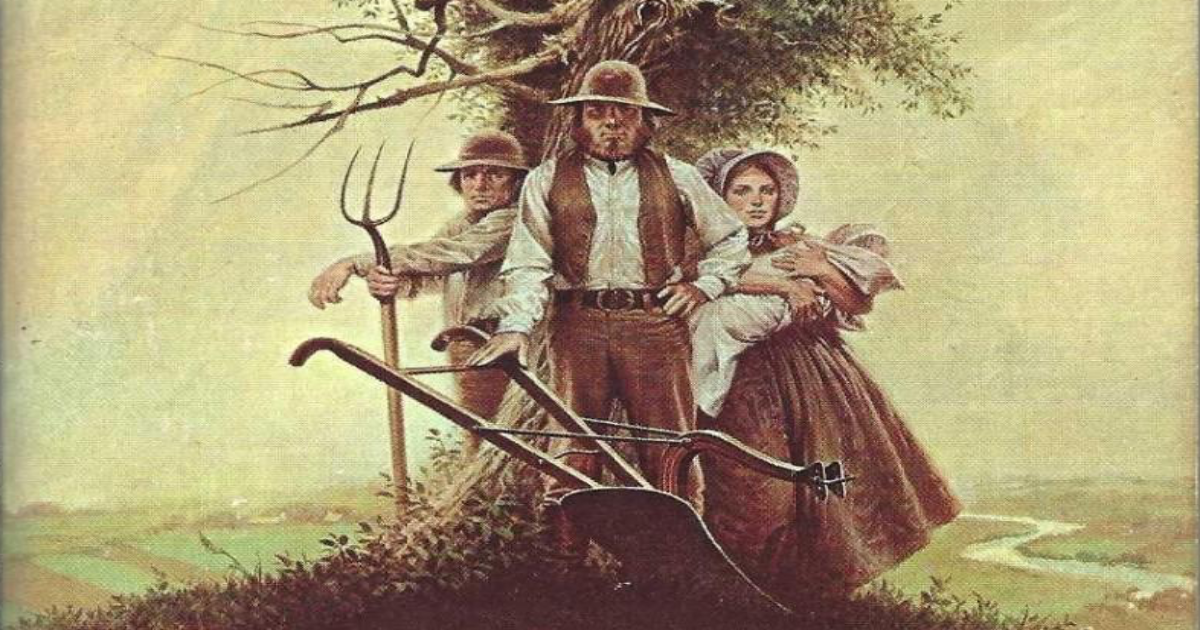
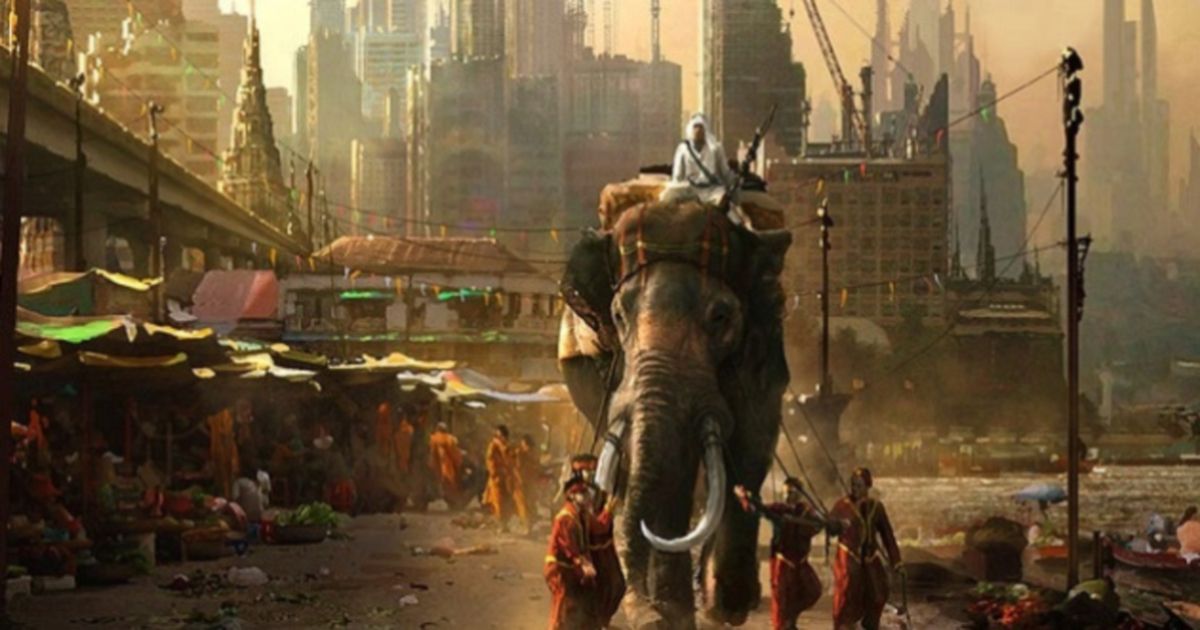
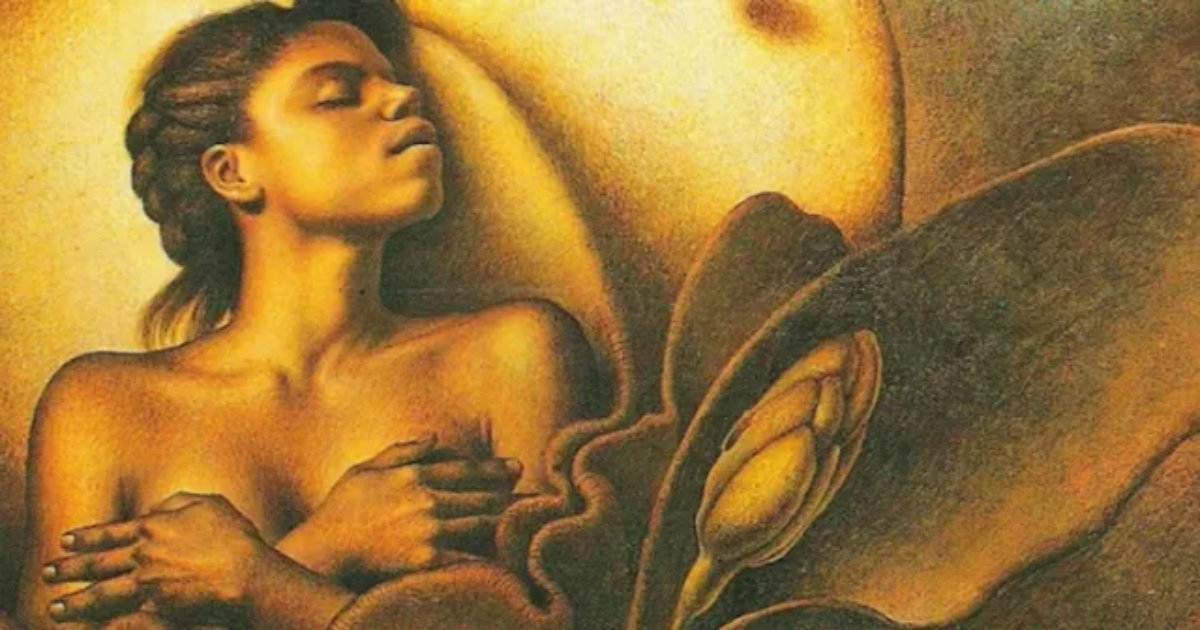
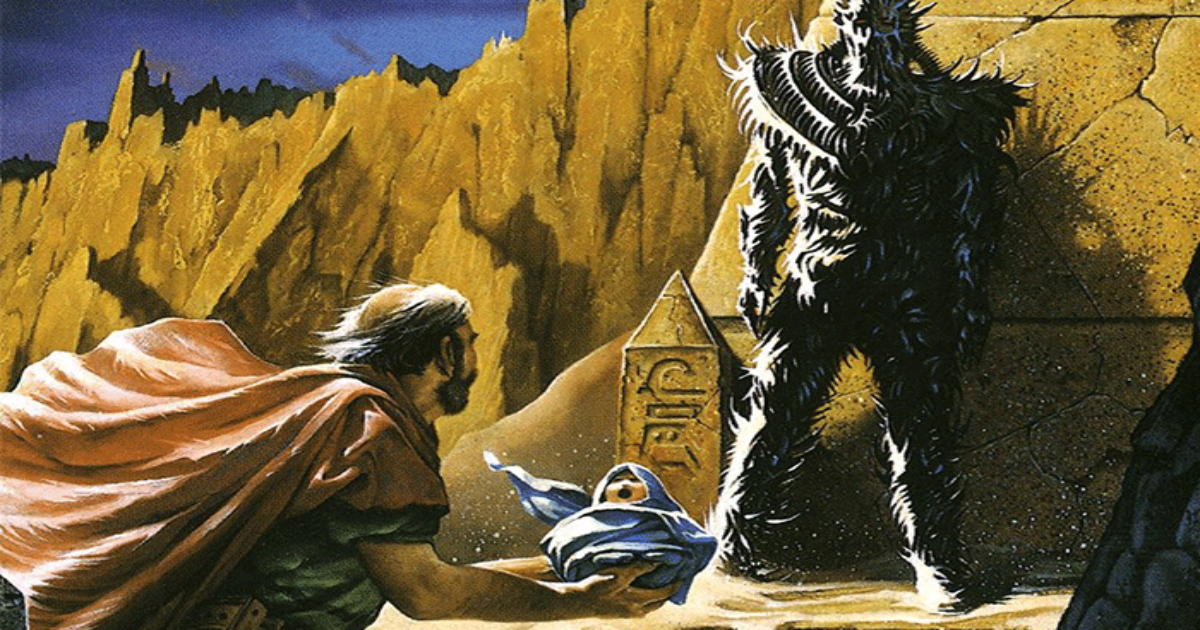
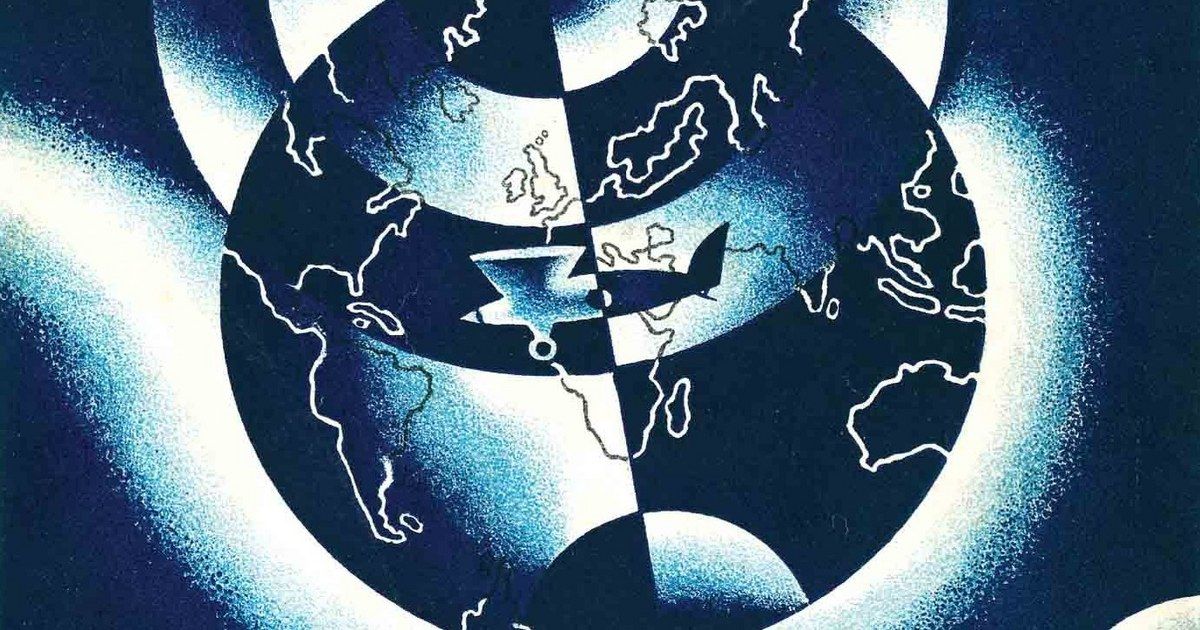
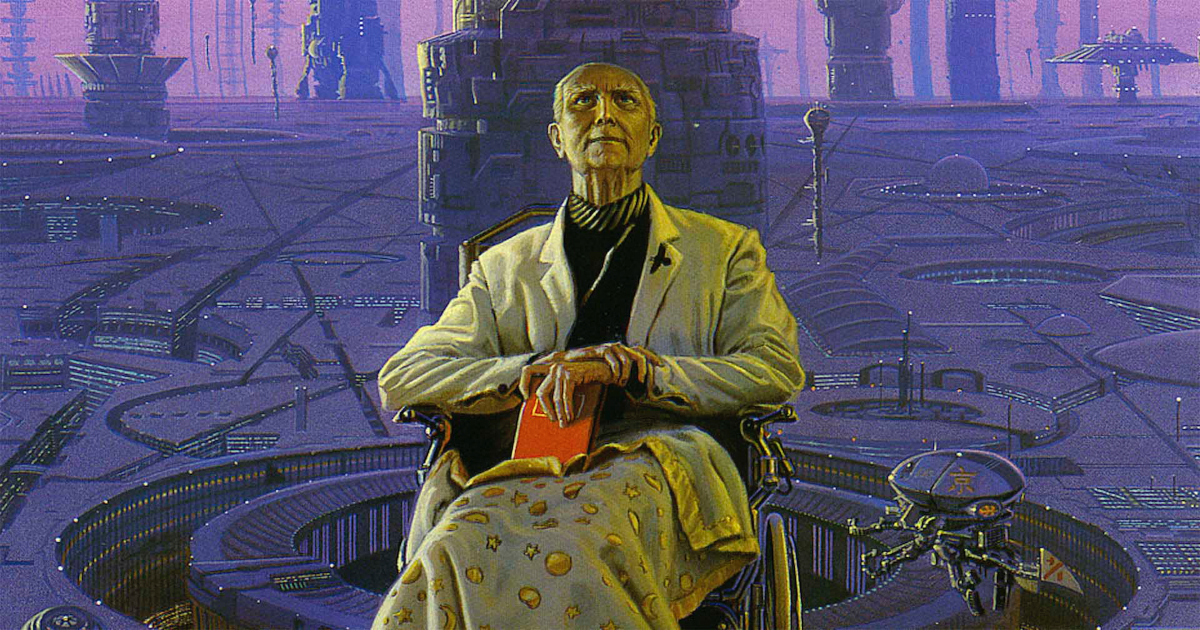
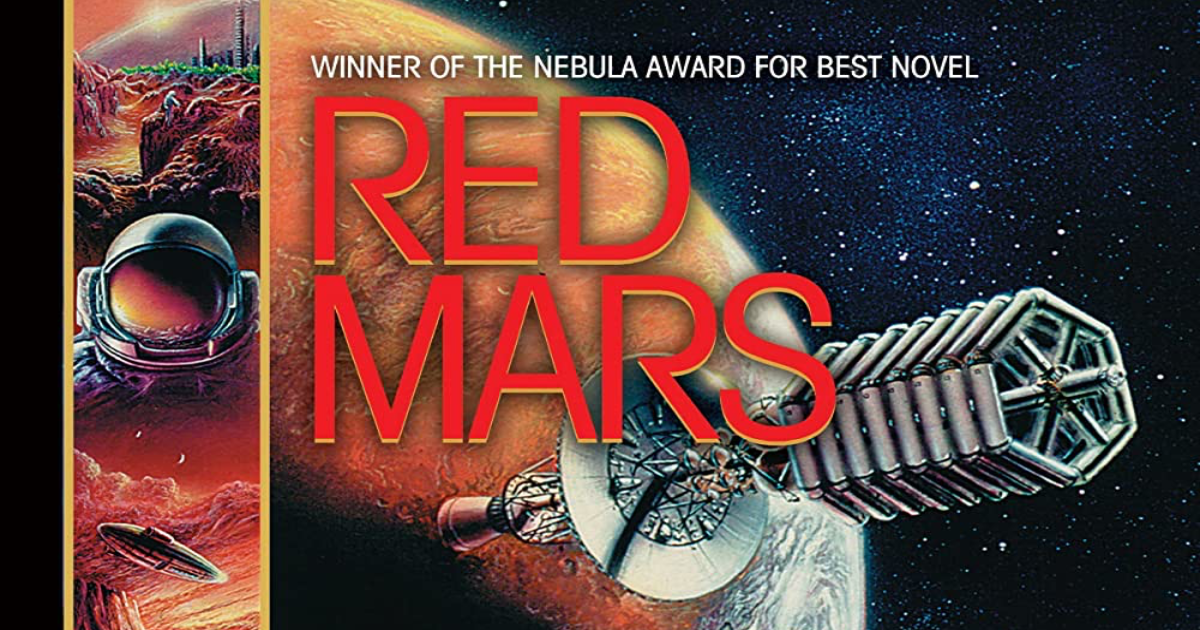
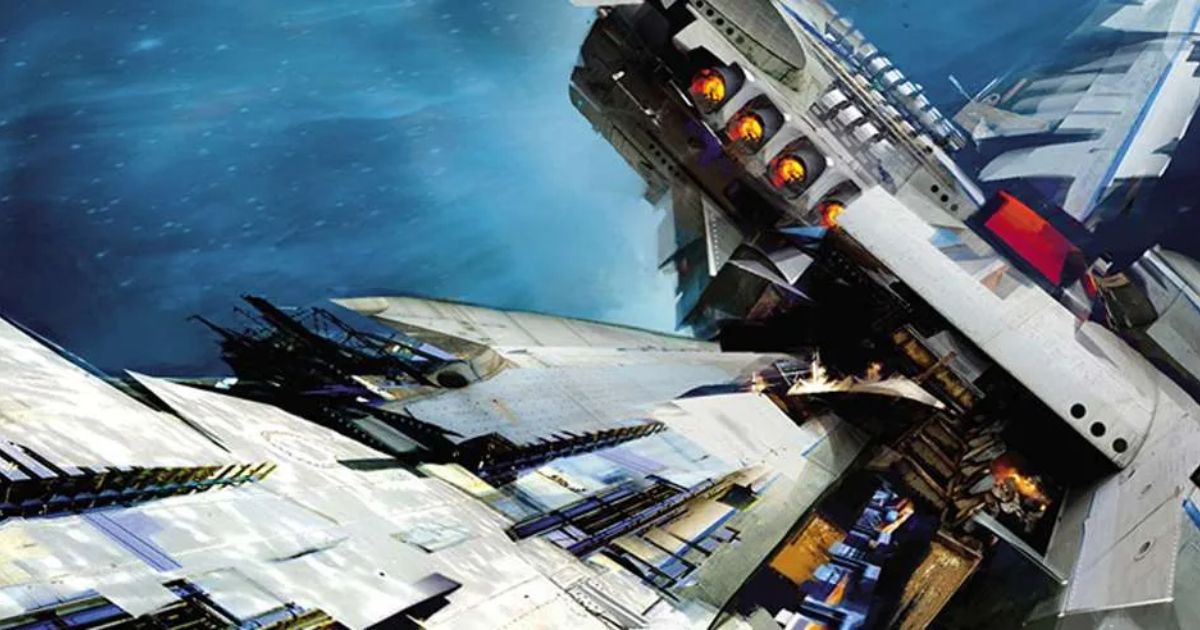
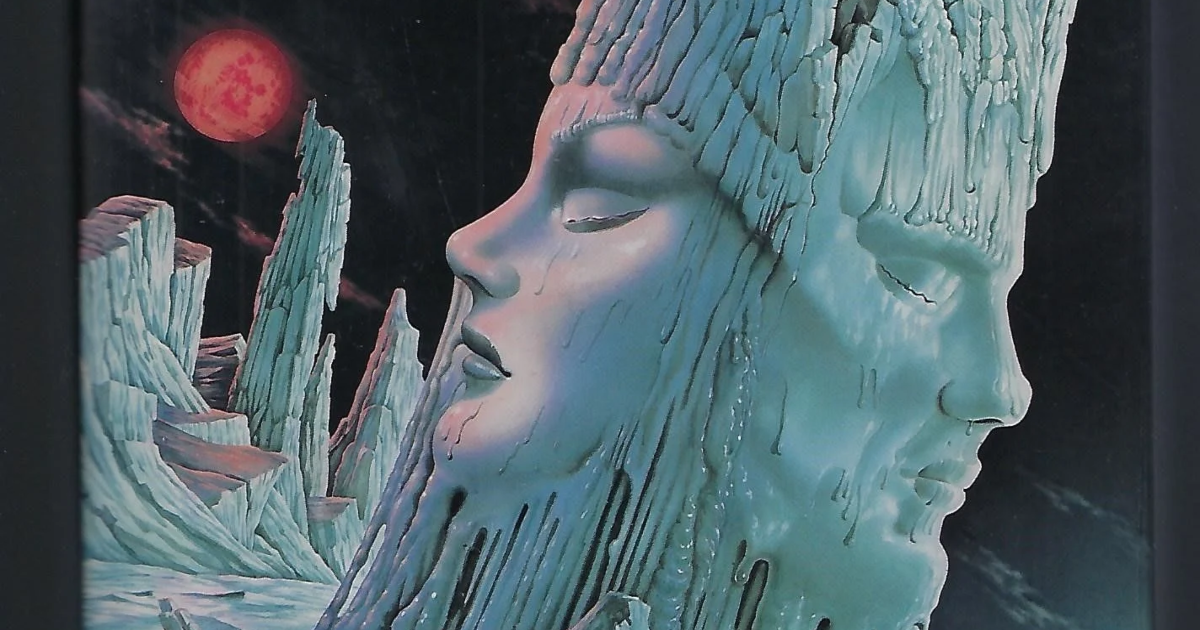
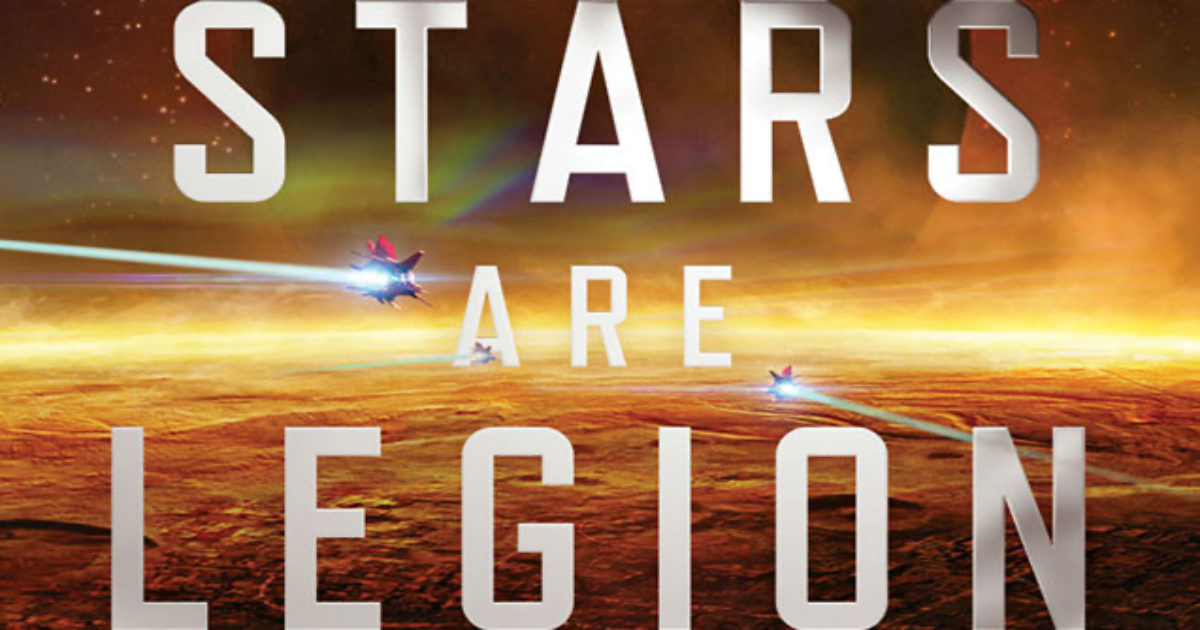
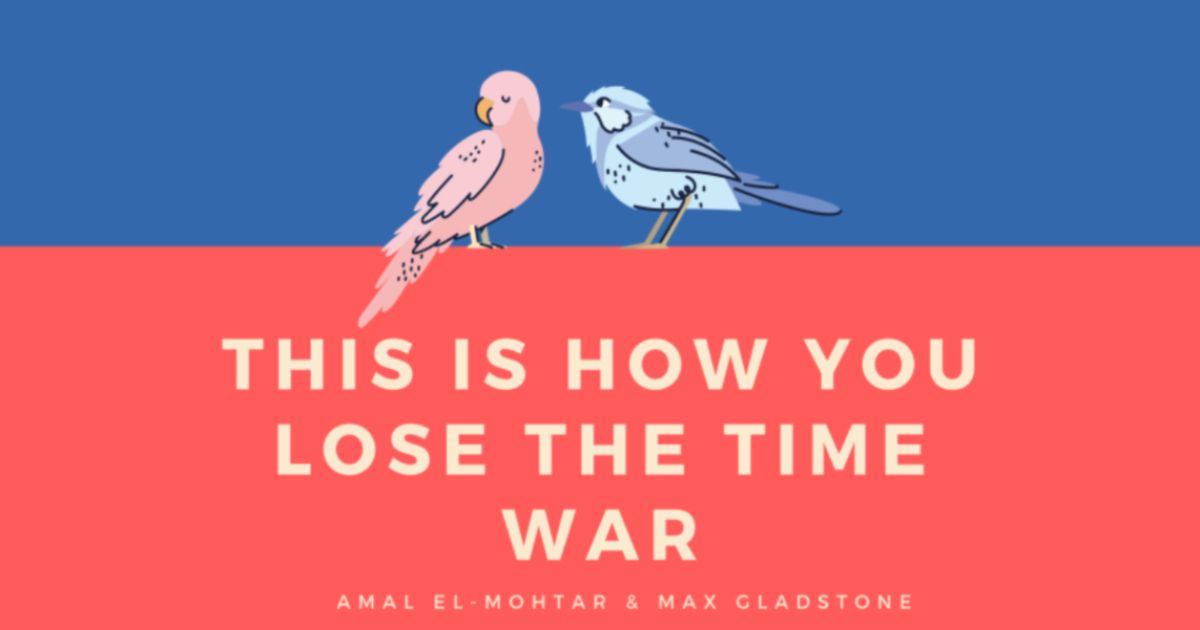
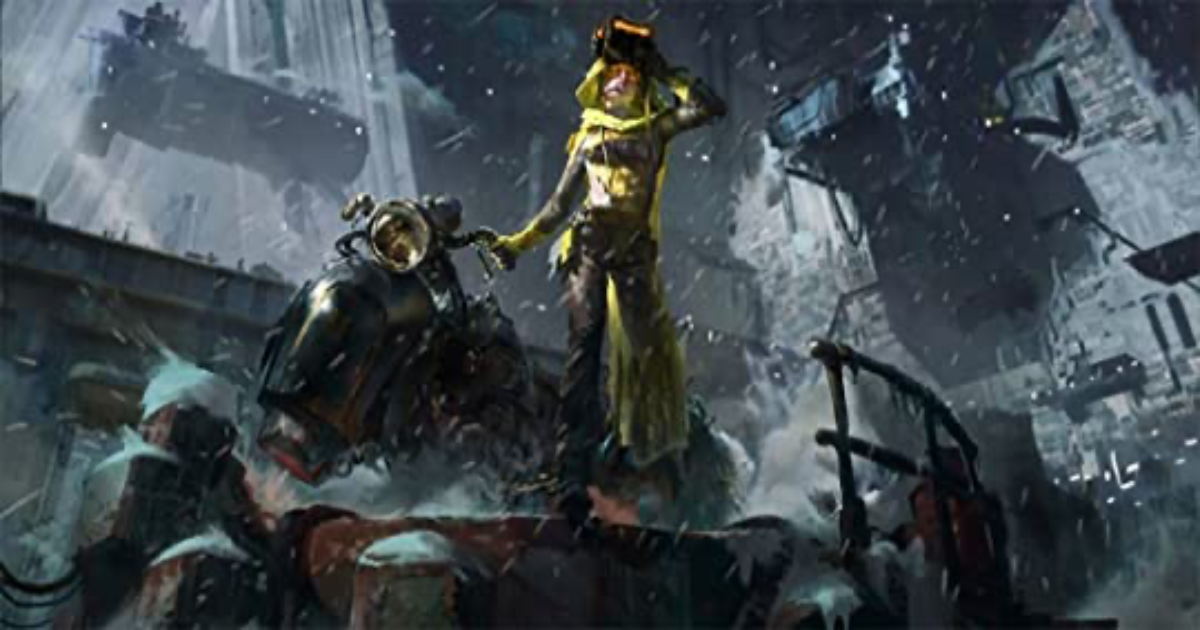

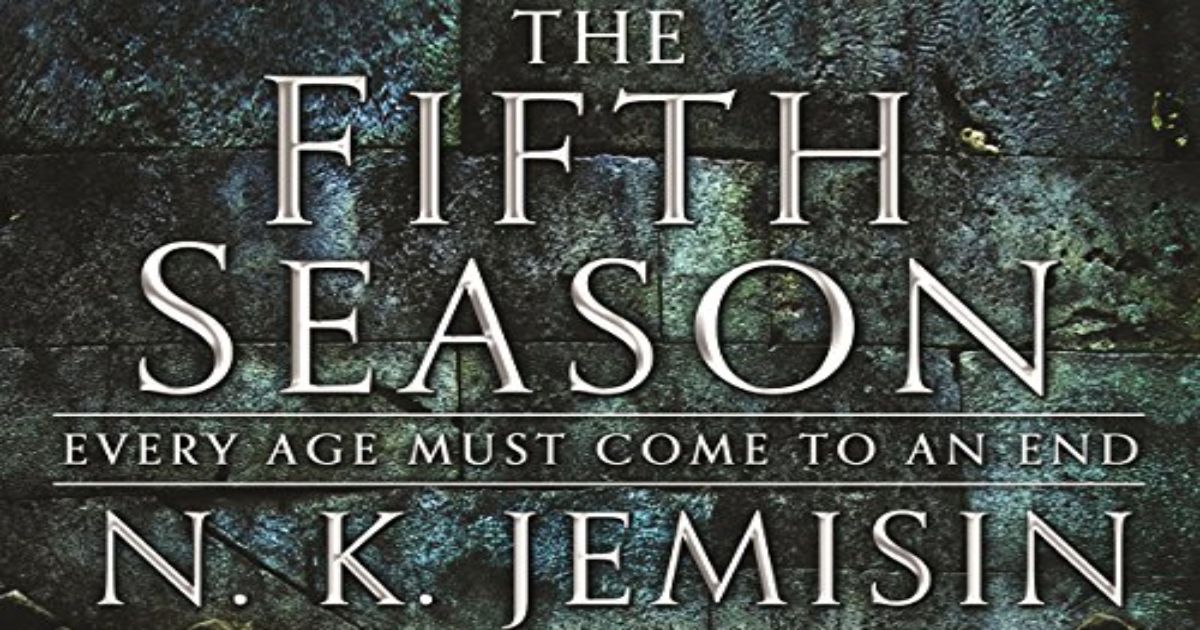
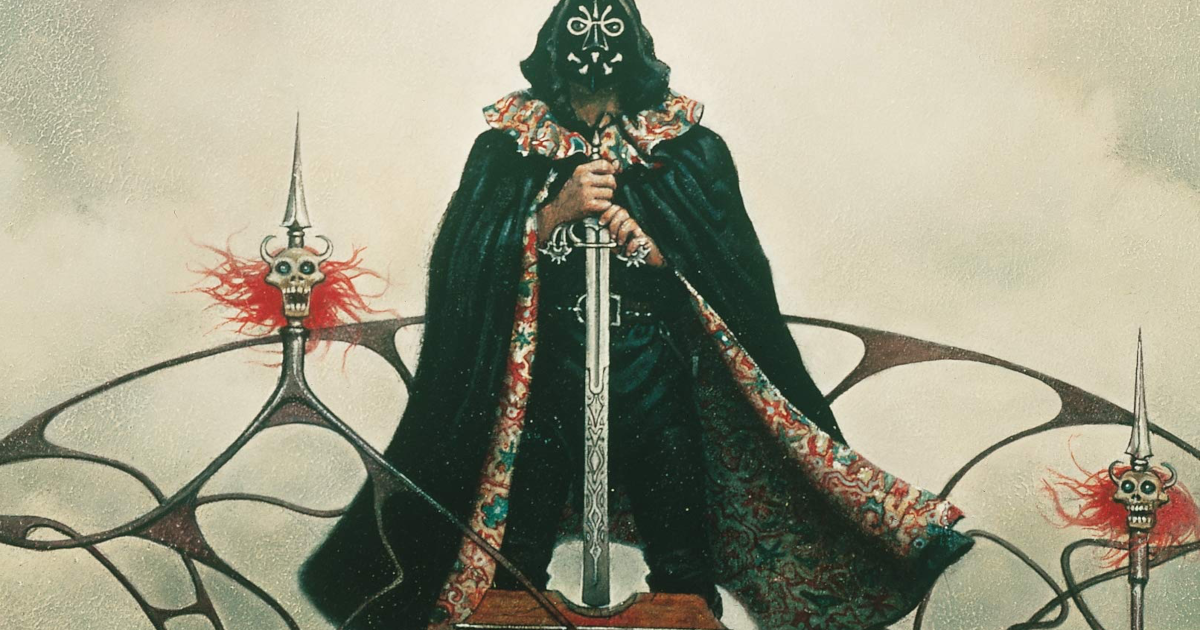
Comments
Post a Comment